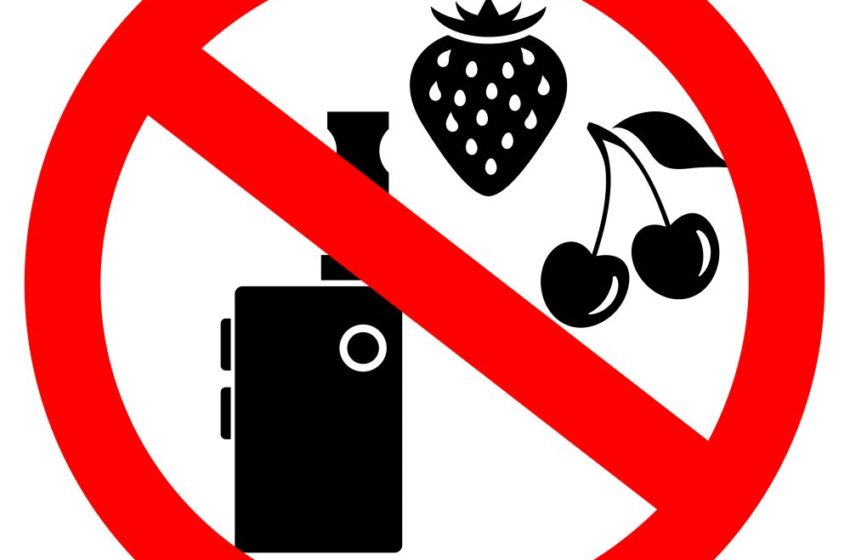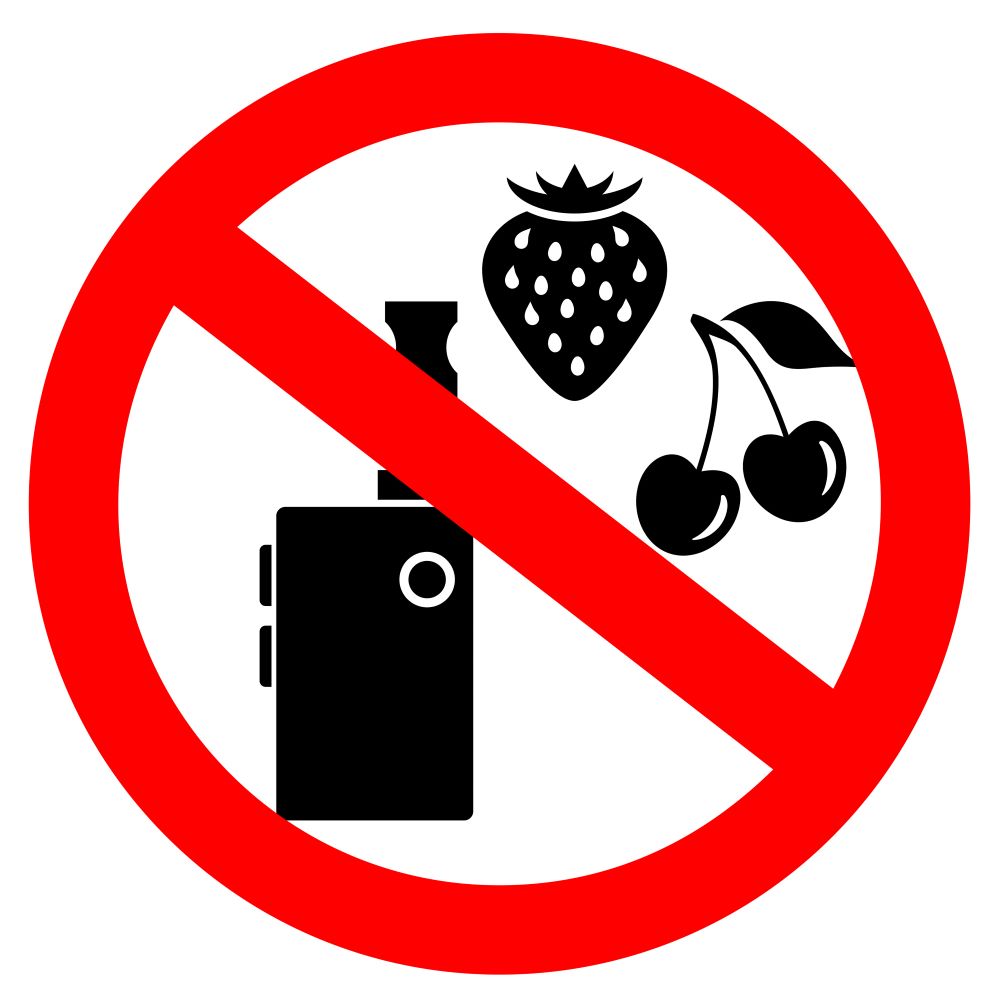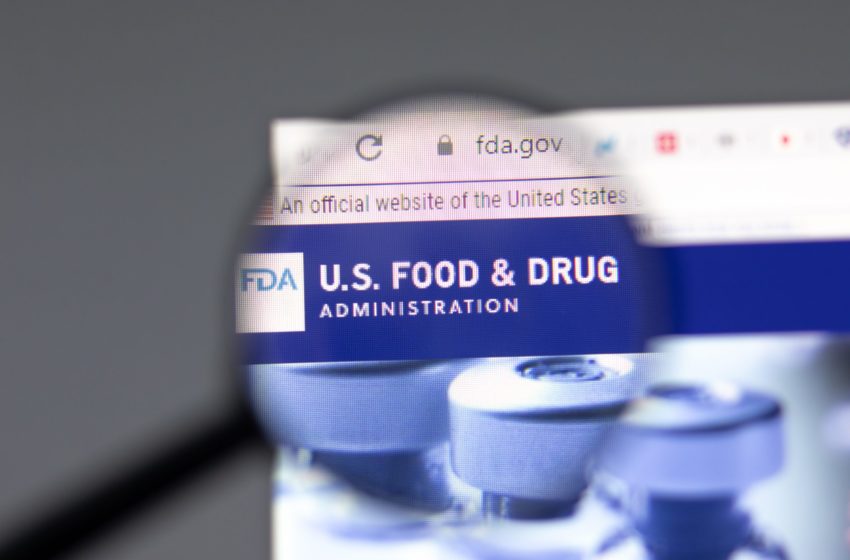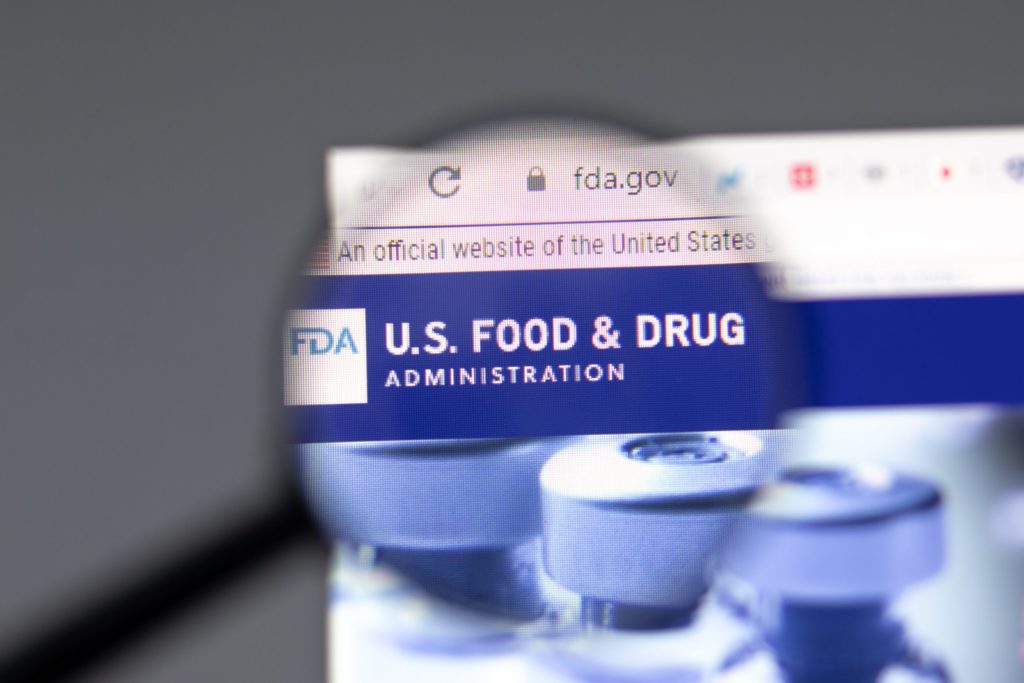
BAT’s chief growth officer, Kingsley Wheaton, called for greater collaboration between the industry, governments and intergovernmental organizations to accelerate tobacco harm reduction becoming the tobacco control policy of choice during the recent Global Tobacco & Nicotine Forum in Washington D.C.
While BAT is determined to reduce the health impact of its business, Wheaton stressed that to bring about change, a “whole-of-society” approach is needed.
“We must provide adult consumers with a portfolio of products that are a better choice than cigarettes. And so that consumers are able to make informed decisions about those choices, public health needs to accurately communicate risk, while the industry should be able to responsibly communicate the benefits of switching via appropriate marketing freedoms,” Wheaton said.
BAT says its business is on track to achieve its ambition of having 50 million adult consumers of non-combustible products by 2030. The company is also investing heavily in research and development. In September 2021, for example, BAT announced it was constructing a state-of-the-art innovation hub in Trieste, Italy. The company is also conducting industry-leading science, with one recent study showing smokers who switched exclusively to BAT’s Glo product saw significant and sustained improvements in several indicators of potential harm
According to Wheaton, transforming the industry and positively impacting public health requires the continued production of robust and accessible science, the freedom to responsibly inform adult smokers about the potential benefits of reduced-risk products and a transition from the old tobacco control approach of “quit or die” to sustainable change, along with engagement between governments, intergovernmental bodies and industry figures, among other things.



















